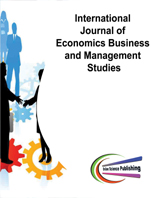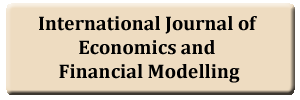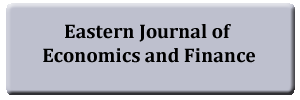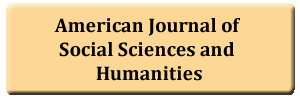Top Management Team Shared Responsibility and Non-Financial Performance of Star-Rated Hotels in Uganda: The Moderating Role of Innovativeness
DOI:
https://doi.org/10.20448/802.82.24.37Keywords:
Top Management team shared responsibility, Non-financial performance, Innovativeness, Star-rated hotels, Uganda.Abstract
This study aimed to examine the moderating effect of innovativeness on the relationship between Top Management Team Shared Responsibility (TMT) and non-financial performance of star-rated hotels in Uganda. A positivism research philosophy and an explanatory research design with a cross-sectional approach were adopted, while a multi-stage sampling technique; stratified and simple random techniques was used to collect quantitative data using self-administered questionnaires to a sample of 265 managers from 53 star-rated hotels. Both descriptive and inferential statistics were analyzed and a hierarchical regression model was used to test the set hypotheses. Results indicate a positive, significant relationship between TMT Shared Responsibility and non-financial performance. Innovativeness as a predictor of non-financial performance and also exerts a moderating effect on TMT Shared Responsibility and Non-financial performance of star-rated hotels in Uganda. Based on the findings the study concludes that under high level of innovation, TMT Shared Responsibility highly imprives non-financial performance of star rated hotels. Thus, hospitality management should create a conducive environment for innovativeness through research and development, rewarding creative ideas and responding to changes in the hospitality environment as these enhance performance. The novelty of this research resides in the moderating role of innovativeness in enhancing non-financial performance of star-rated hotels. Also, conceptualization of the TMT Shared Responsibility and innovativeness as intangible resources for enhanced performance.




